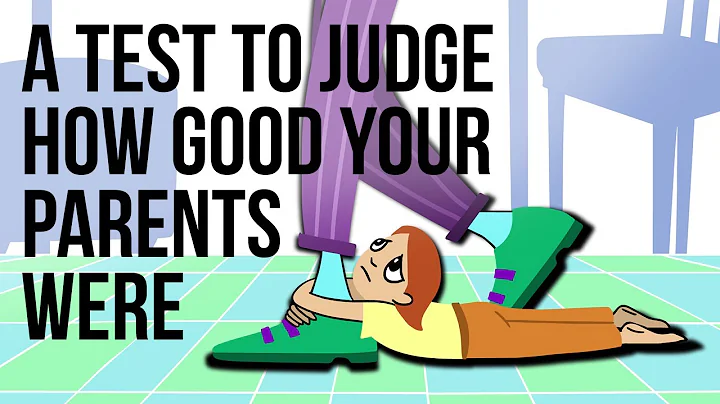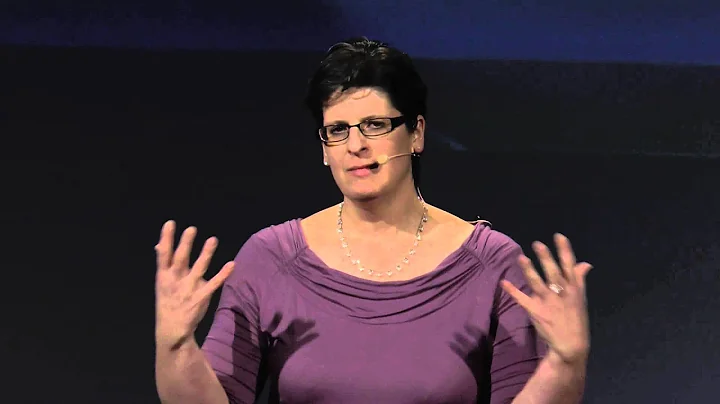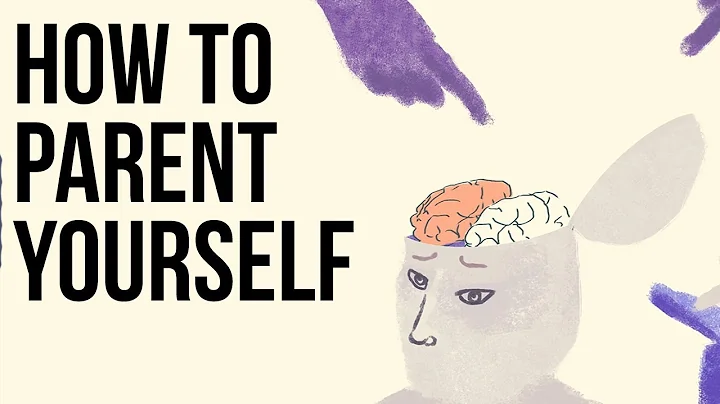Let's take a look at the following two cases.
Case Xiaoxin (pseudonym):
Xiaoxin is worried by nature. She had always been a shy, sensitive, anxious child. Fortunately, she had supportive family, friends, and teachers who gently pushed her out of her comfort zone.
But a few years ago, Xiaoxin's family life took a turn for the worse. Her parents began to argue frequently, at first secretly in their room but soon in front of their children. In this stressful environment, Xiaoxin's natural sensitivity and anxiety led her to believe that she was responsible for all the arguments.
Xiaoxin, now 12 years old, has been exposed to this family conflict for a long time and her self-esteem has been damaged. She started middle school, where she met many new classmates, but she struggled to form friendships, and she constantly wondered how others viewed and valued her and, most importantly, what she could do to maintain them. their friendship. Xiaoxin often worries that she will do or say something that will make her friends dislike her.
However, Xiaoxin is incredibly lovable! She is a very funny, understanding person. Despite this, she was afraid of connecting with other children because she believed that other classmates would never want to be her friends.
Case Xiao Wu (pseudonym):
html At the age of 115, Xiao Wu was an excellent student and an avid basketball player. He also suffered from ADHD. Xiao Wu has always done well in school because his ADHD is mainly characterized by impulsivity rather than inattention. But socially, Xiaowu sometimes has trouble stopping himself from interrupting others or directly saying hurtful words.
is concerned that this behavior may affect his relationships, and Xiaowu's mother recently asked him if his impulsiveness had caused any problems with friends. At first, Xiaowu denied that this was a problem. But in fact, there is a pattern. The hurtful words he blurts out often cause other people to be emotionally hurt and even lead to quarrels with each other. This situation has been going on for years and has resulted in feuds between Xiaowu and some of his closest friends. As time went on, his friends became less tolerant, criticized him more openly, and stopped inviting him to hang out.
Xiaowu eventually spoke to his mother about how overwhelmed he felt by the damage to his relationships, with conflicts that left him feeling guilty, ashamed, and often rejected by some of the people he loved most. His mother noticed that he had been asking for less training time in basketball, and teachers said Wu was much quieter in class. Although Xiaowu has always been a passionate student athlete and social "master", he rarely hangs out with his friends anymore.

What is self-esteem?
Self-esteem is at the heart of Xiaoxin and Xiaowu’s story, and to help them we need to understand how self-esteem affects our mindset.
Self-esteem is a person's overall view of themselves - how they view their abilities and worth, their confidence and security.
Everyone experiences low self-esteem differently. For example, not everyone with low self-esteem will be overly self-critical, but low self-esteem is common no matter how it appears. Even the most successful people, including celebrities and athletes, often struggle with self-doubt in some aspect of their lives.
Reasons for low self-esteem
New concept psychology expert Professor Rong Xinqi said that some reasons why children or teenagers may lack self-esteem include:
· Long-term abuse and criticism: We all need sympathy, empathy and encouragement, especially from parents and of elders.
·Adverse Childhood Experiences (ACE): It refers to potentially traumatic events that occur during a child's development, such as emotional neglect, witnessing violence, the death of a family member, or other significant events.
·Social pressures and expectations: We are all constantly exposed to various successful or accomplished people from around us and around us, as well as highly "glorified" characters in the media and advertising. It is difficult for parents or relatives to resist comparing their children to them. Society’s unreasonable and unattainable expectations are damaging children’s self-worth.
· Attack on Identity: Harmful messages about marginalized people can shake teenagers’ pride in fundamental parts of their identity, such as their culture, race, sexual orientation, gender, or socioeconomic class. Those living with chronic illness, physical impairment, learning disabilities or mental health conditions face similar challenges.

The impact of low self-esteem
From the case at the beginning of the article we can see how Xiaoxin's low self-esteem damaged her ability to build healthy relationships, and how Xiaowu became more withdrawn because of her low self-esteem.
How else does low self-esteem affect teenagers? Professor Rong said that teenagers with low self-esteem may:
· Show less confidence and avoid taking any risks, such as being afraid to speak on stage or take the initiative to take on tasks;
· Have difficulty making important decisions, such as hesitating which courses to take. , or whether to accept a student leader position in the class;
· Have difficulty saying no under peer pressure, such as being forced to do something they don’t want to do, or studying under the influence of others;
· When they need to stand up to a bully or They have difficulty embracing healthy confrontation and self-advocacy when defending their values;
· are prone to anxiety, depression, loneliness, or addiction disorders later in life. How does
help teenagers improve their self-esteem?
Professor Rong believes that One of the greatest gifts we can pass on to our children is the belief that they have intrinsic value and are worthy of love.
By helping teenagers build healthy self-esteem, we support their inner strength and confidence and help them learn from their failures. The earlier we start helping, the better, but it's never too late to start improving a teen's self-esteem.
In addition, parents and friends can also:
· Show unconditional love, encouragement and affirmation to children. Even when a child is failing or misbehaving, we can show compassion as we handle the situation together.
· Help children make a positive impact on the lives of others. This can be done by volunteering at school or in the community, helping younger siblings, or helping parents with household chores.
· helps teens improve their favorite skills and activities. Confidence and ability go hand in hand, and when children take pride in their abilities, they also feel more positive about themselves.
· helps teens develop a realistic and positive view of themselves by accurately reflecting on their strengths and weaknesses. Be sure to do this in a non-judgmental way. No matter our age, we grow the most when we see our failures as opportunities to learn about ourselves.
· gives teenagers the opportunity to take responsibility for their actions. This includes opportunities to apologize when they encounter conflict.
· Identify and challenge negative thought patterns that are often exaggerated and distorted and erode self-esteem.
· helps teens take pride in their unique identities and differences. These include gender, race, ethnicity, and family, among others.
· Model positive behavior. Show your children how you practice self-compassion, and don't hide your frustrations from your children.

Although the cases of Xiaoxin and Xiaowu are fictional, the problems they experienced are both real and common.
When a teen has low self-esteem, parents and loved ones can help them develop confidence and resilience that will take them far in life.





















